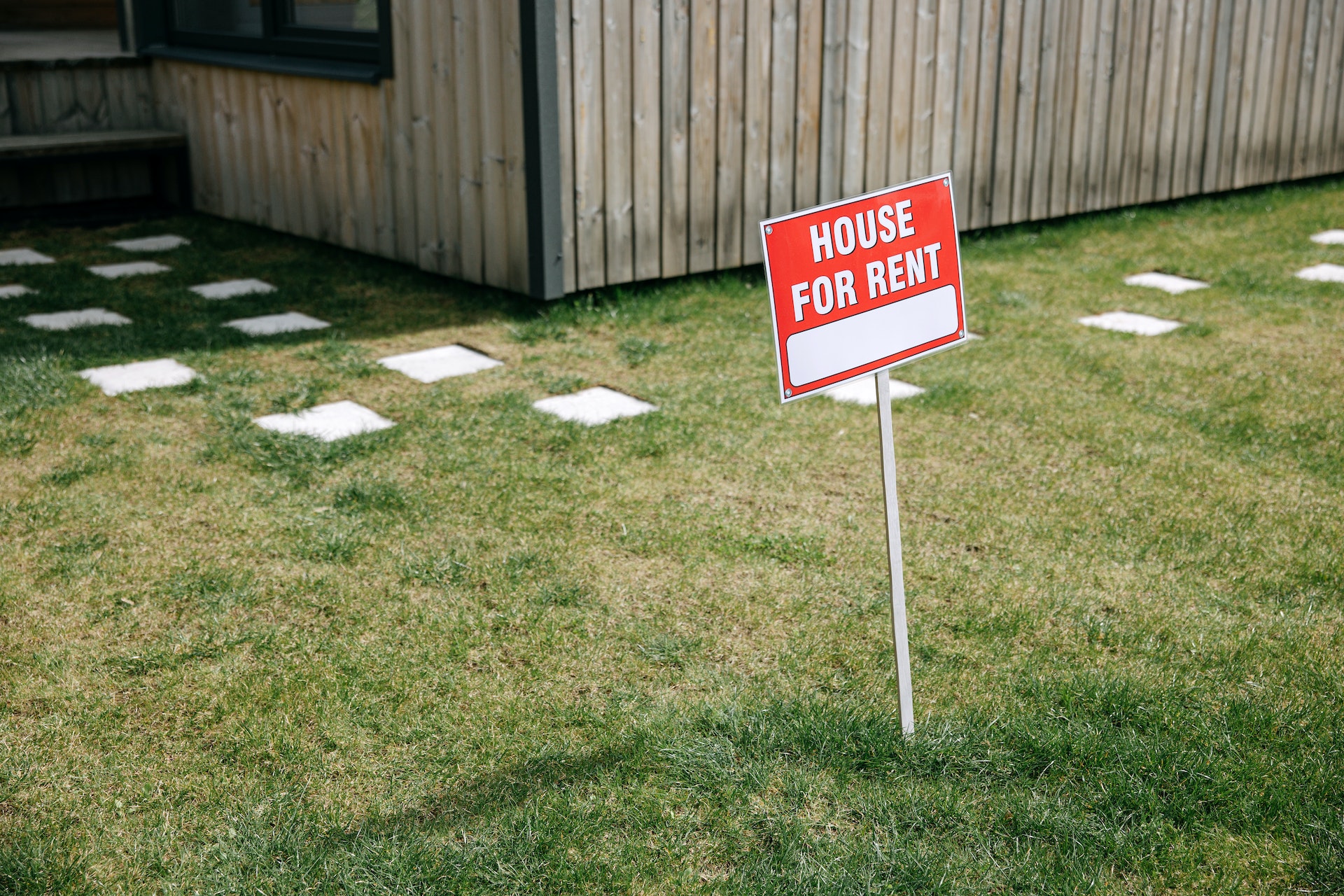In Florida, what do property insurance claims and disputes encompass?
Property insurance claims and disputes revolve around disagreements between policyholders and insurance companies regarding coverage, the amount of compensation, or the insurer’s duty to defend. Such disputes often arise when policyholders believe their insurers have wrongfully denied or underpaid a claim or when insurers argue that policy exclusions or conditions apply. The crux of these disagreements often stems from interpreting policy language or assessing damages.
For example, disputes may arise in the aftermath of hurricanes or other natural disasters, where policyholders seek compensation for damages caused by wind, rain, or flooding. These disputes may also encompass disagreements over the value of damaged or destroyed property, leading to lengthy negotiations or even litigation. In addition, in some cases, policyholders may allege that insurance companies acted in bad faith by denying, delaying, or undervaluing claims without a legitimate basis. Therefore, policyholders and insurers must understand their rights and obligations under Florida law to navigate these complex disputes effectively.
Need help to handle a claim or dispute against your policyholder? Schedule your consultation today with a top property insurance claims attorney.
Which Florida laws, rules, and regulations apply to property insurance claims and disputes?
Florida property insurance claims and disputes follow a combination of state statutes, regulations, and case law. The Florida Insurance Code contains various provisions for insurance contracts, insurers, and policyholders, including Chapter 627, which explicitly addresses property insurance.
Florida Statute §627.701 regulates handling claims involving natural disasters, such as hurricanes and sinkholes. Flood insurance claims, however, flow through the National Flood Insurance Program under the Federal Emergency Management Agency (FEMA).
Furthermore, the Florida Department of Financial Services and the Florida Office of Insurance Regulation regulate the insurance industry and enforce state insurance laws. As a result, they issue rules and guidance that impact property insurance claims and disputes. Moreover, Florida courts play a significant role in interpreting insurance laws and policy language, creating a body of case law that shapes handling property insurance claims and disputes.
Understanding the interplay between Florida statutes, regulations, and case law is essential for effectively navigating state property insurance claims and disputes.
How do rental property insurance claims connect to property insurance disputes?
Rental property insurance claims can lead to disputes when policyholders and insurers disagree on coverage, interpretation of policy provisions, or the value of the loss. For instance, a landlord might file a claim for damage caused by a hurricane. Still, the insurance company could argue that the damage was pre-existing or due to wear and tear, which is typically excluded from coverage. This disagreement could lead to a dispute over whether the policy covers the loss and, if so, the amount the insurer should pay.
When a set of facts is appropriate for facilitating property insurance claims or disputes, there are many paths a client may take. We are value-based attorneys at Jimerson Birr, which means we look at each action with our clients from the point of view of costs and benefits while reducing liability. Then, based on our client’s objectives, we chart a path to seek appropriate remedies.
To determine whether your unique situation may necessitate litigation or another form of specialized advocacy, please contact our office to set up your initial consultation.
What are the prerequisites for policyholders to file rental property insurance claims?
Policyholders must establish the following:
- Notice of loss: Policyholders must promptly report the loss to their insurer, providing details about the damage, its cause, and any related injuries or expenses.
- Proof of loss: Policyholders must submit a sworn proof of loss statement, typically within a specified time frame, detailing the extent and value of the damage.
- Mitigation of damages: Policyholders must prevent further damage to their property, such as making temporary repairs, securing the property, and removing debris.
- Cooperation with the insurer: Policyholders must cooperate with their insurer’s investigation, including providing requested documents, allowing access to the property, and participating in an Examination Under Oath (EUO) if requested.
How can legal counsel facilitate rental property insurance claims, and what are the associated strategic benefits?
An effective attorney often considers and resolves the following for their clients:
- Analyzing policy language: Counsel should carefully review the insurance policy to identify coverage, exclusions, and endorsements, ensuring a proper understanding of the policyholder’s rights and obligations.
- Documenting damages: Counsel should assist policyholders in gathering evidence, such as photographs, repair estimates, and receipts, in substantiating their claim and demonstrating the extent of the loss.
- Negotiating with insurers: Counsel can negotiate with insurance adjusters on the policyholder’s behalf to maximize claim payouts and resolve disputes efficiently.
- Monitoring deadlines: Counsel must track essential deadlines, including those for submitting a notice of loss and proof of loss and any applicable statutes of limitations for filing lawsuits.
As a result, policyholders strategically benefit in the following ways:
- Effective claim management: An experienced attorney can help policyholders navigate the complex claims process, reducing stress and improving the chances of a favorable outcome.
- Maximizing recovery: Counsel can help identify all available coverages and ensure that policyholders receive the total compensation they are entitled to under their insurance policy.
- Advocating for policyholder rights: An attorney can effectively challenge denials, delays, or underpayments by insurers, holding them accountable for their obligations under the policy.
Please contact our office to set up your initial consultation to see what forms of legal protection and advocacy may be available for your unique situation.
Frequently Asked Questions
- What is the statute of limitations for filing a lawsuit related to a rental property insurance claim in Florida?
The statute of limitations for filing a lawsuit related to a rental property insurance claim in Florida is generally five years from the date of loss.
- Can policyholders recover attorney’s fees if they prevail in a rental property insurance dispute?
Under Florida law, policyholders who prevail in a rental property insurance dispute may recover reasonable attorney’s fees and costs from the insurer.
- Are there any specific regulations that govern the handling of rental property insurance claims in Florida?
Yes, Florida has specific regulations that govern the handling of rental property insurance claims, including requirements for timely payment and good faith claim handling practices.
- How can policyholders protect themselves from bad-faith insurance practices?
Policyholders can protect themselves from bad faith insurance practices by documenting all communication with the insurer, seeking legal counsel, and filing a complaint with the Florida Department of Financial Services if they suspect bad faith.
- How can policyholders appeal a denied rental property insurance claim?
Policyholders can appeal a denied rental property insurance claim by first requesting a written explanation from the insurer, then gathering additional evidence to support their claim, and finally consulting with an attorney to explore negotiation, mediation, or litigation options.
Have more questions about property insurance claim recovery?
Crucially, this overview of rental property insurance claims does not begin to cover all the laws implicated by this issue or the factors that may compel the application of such laws. Every case is unique, and the laws can produce different outcomes depending on the individual circumstances.
Jimerson Birr attorneys guide our clients to help make informed decisions while ensuring their rights are respected and protected. Our lawyers are highly trained and experienced in the nuances of the law, so they can accurately interpret statutes and case law and holistically prepare individuals or companies for their legal endeavors. Through this intense personal investment and advocacy, our lawyers will help resolve the issue’s complicated legal problems efficiently and effectively.
Having a Jimerson Birr attorney on your side means securing a team of seasoned, multi-dimensional, cross-functional legal professionals. Whether it is a transaction, an operational issue, a regulatory challenge, or a contested legal predicament that may require court intervention, we remain tireless advocates at every step. Being a value-added law firm means putting the client at the forefront of everything we do. We use our experience to help our clients navigate even the most complex problems and come out the other side triumphant.
If you want to understand your case, the merits of your claim or defense, potential monetary awards, or the amount of exposure you face, you should speak with a qualified Jimerson Birr lawyer. Our experienced team of attorneys is here to help. Call Jimerson Birr at (904) 389-0050 or use the contact form to schedule a consultation.


We live by our 7 Superior Service Commitments
- Conferring Client-Defined Value
- Efficient and Cost-Effective
- Accessibility
- Delivering an Experience While Delivering Results
- Meaningful and Enduring Partnership
- Exceptional Communication Based Upon Listening
- Accountability to Goals











